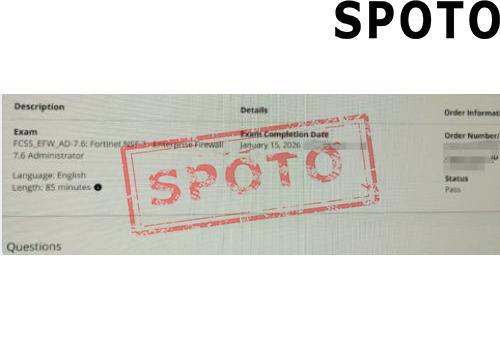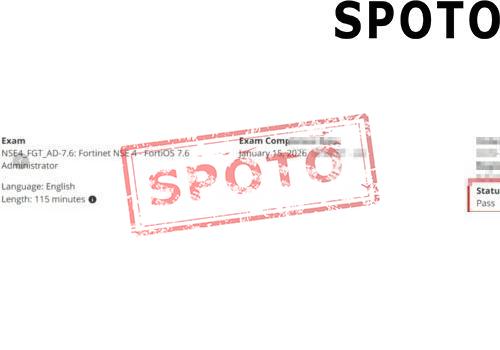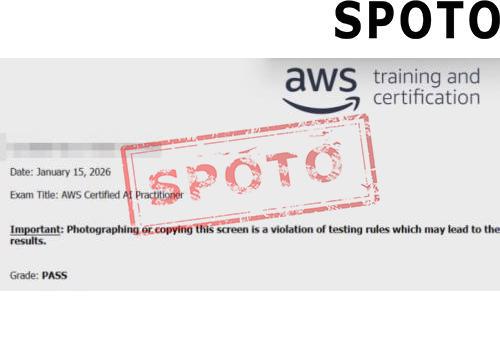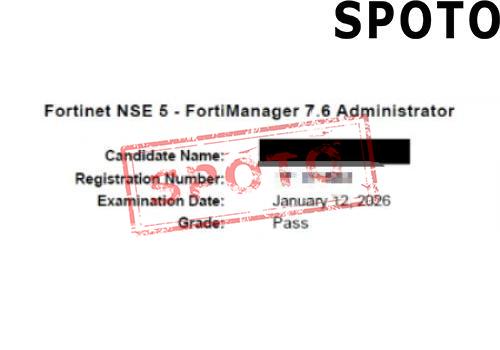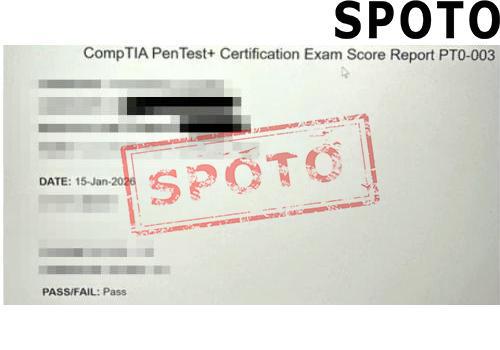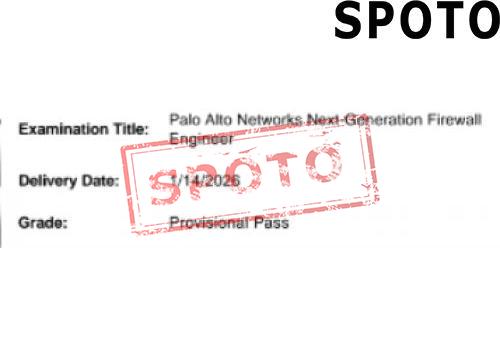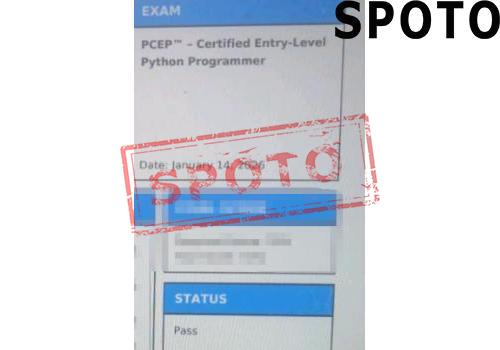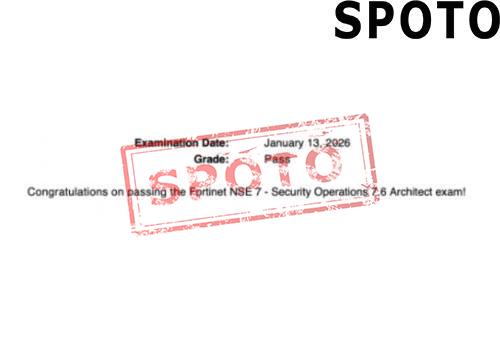
A network administrator is an information technology specialist who ensures that an organization's computer networks (groups of computers that communicate information with one another) are operational and meet the organization's needs. They can manage and troubleshoot computer networks and use security concepts to keep networks safe.
What is the role of a network administrator?
A network administrator's job description may contain the following duties:
- Install, configure, and support network hardware and software such as routers, firewalls, and switches.
- Using physical and technical techniques, protect networks from unauthorized users.
- Create and manage virtual private networks (VPN)
- Ensure that other employees' network connectivity is up and running.
- Storage networks must be maintained and troubleshot.
Job descriptions for network administrators are frequently similar to those of system administrators. Learn more about system administrators to see how they can differ slightly.
System administration VS network administration
Some businesses may interchangeably use the terms "system administrator" and "network administrator" as many roles overlap. But there is a distinction to be made. System administration is concerned with servers and computer systems. In contrast, network administrators are concerned with network-related duties and equipment such as routing, IP addresses, and the upkeep of Local Area Networks (LAN).
These functions may be combined into one role in a smaller business, whereas larger organizations tend to separate them. Because systems and networks are frequently linked, it is not uncommon to find job descriptions that need the expertise of both.
Salary and job prospects for network administrators
According to Glassdoor statistics from November 2021, a network administrator earns an average income of $70,591 in the United States. According to the US Bureau of Labor Statistics (BLS), network and computer systems administrators in the United States earned median pay of $84,810 in 2020, while human resources consultancy firm Robert Half rates a median salary for a network/cloud administrator at $97,500.
Network administrator jobs are expanding—the BLS predicts that network administrator occupations will grow at a 5% annual rate between 2020 and 2030.
How to Get a Job as a Network Administrator
As a network specialist, you should be familiar with basic networking concepts. A networking certification can help you obtain critical skills and demonstrate your ability to companies. You can also begin help desk jobs and work your way up to network administrator.
Important network administrator abilities
Here are some talents that are commonly found in network administrator positions:
- Knowledge of several network kinds: Local Area Networks (LANs), Wide Area Networks (WANs), Virtual Private Networks (VPNs), and, on occasion, Storage Area Networks (SANs) are all different sorts of networks. Though some positions may require more experience in one area than others, having a basic understanding of what various networks are and how to set them will be essential to your career as a network administrator.
- Understanding network security components such as firewalls, VPNs, and access control As a network administrator, it is critical to understand common threats and respond to them.
- Server knowledge: Upgrading and configuring servers is a skill that many network administrators seek. Windows and Linux servers are widely used in the United States.
- Communication and teamwork: As a network administrator, you will most likely be working in a team or with other people in your business to keep computers and systems operational. It is a crucial ability to explain problems and solutions to others.
Certifications for ordinary network administrators
The following certifications can be beneficial to persons just starting in their networking career:
- The Cisco Certified Network Associate (CCNA) certification certifies your knowledge of Cisco network solutions, primary IP address, and other network essentials. Though most exam takers have previous familiarity with Cisco networking technologies, a training program might help you prepare for the exam if you're beginning from zero.
- CompTIA Network+: The CompTIA Network+ certification covers a broad range of networking fundamentals, including security, troubleshooting, and infrastructure. It is a good choice for those searching for entry-level networking careers, and it is typically thought to be more fundamental than the CCNA. If you are new to networking ideas, Network+ may be an excellent solution.
If you want to invest in your future, a degree may increase your earning potential and help you advance professionally. A computer science associate or bachelor's degree might be an excellent way to begin started on the path to becoming a network administrator or other IT professional.
Roles for entry-level network administrators
Many IT professionals begin their careers in help desk positions, which are entry-level IT professions. You address computer difficulties for businesses and their employees, such as IT specialists, help desk technicians, help desk analysts, or IT technicians. This employment can provide you with a wide exposure to the world of IT as well as hands-on experience dealing with network problems. Once you've gained some expertise, you can look for a networking position.
Are you already working at a support desk? If you have an entry-level IT job but want to go into network administration, start by honing your network skills. This can be accomplished through hands-on experience or by acquiring a network certification such as the CCNA. You can also contact your employer and ask if you can take on additional network-related activities, or you can shadow network professionals at your company.
Questions to ask during an interview for a position as a network administrator
Prepare for an interview by going over potential questions. Here are a few examples of common ones:
- What is a firewall, and how would you put one in place?
- What exactly is a proxy server?
- What exactly is a switch?
- Which networks are you familiar with?
- Describe a network problem you've encountered and how you addressed it.
Preparing for IT interviews: Because IT positions are extremely technical, an interviewer will most likely ask you a mix of technical and personal behavioral questions. Prepare responses for both. Prepare professional anecdotes on how you've solved networking problems, your accomplishments, or when things didn't go so well (and what you did about it). Experiment with explaining networking procedures aloud. It will make you feel more prepared and demonstrate to employers that you are serious about the job.
How to Begin a Career as a Network Administrator
Network administrators are essential in any firm that uses computers. As a network administrator, you'll play an important role in ensuring that employees have access to the networks they require while keeping illegal players out. The CCNA Certificate can help you get started understanding the fundamentals of IT work. For getting CCNA certification fast, you should use SPOTO CCNA certification dumps to pass in 7 days.



